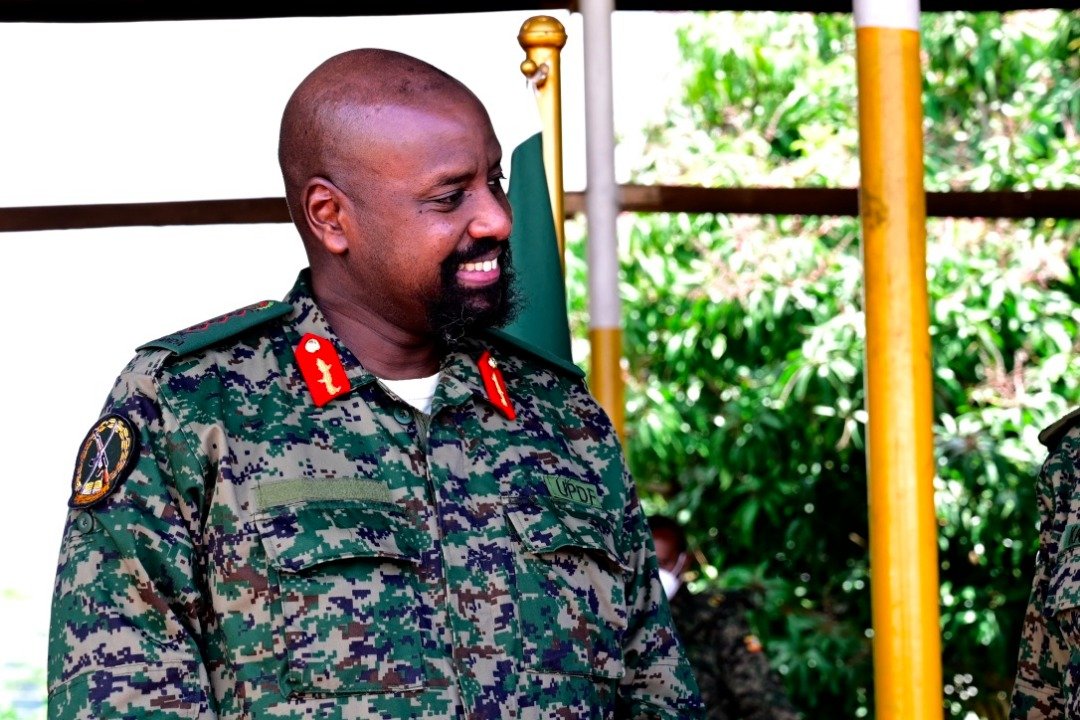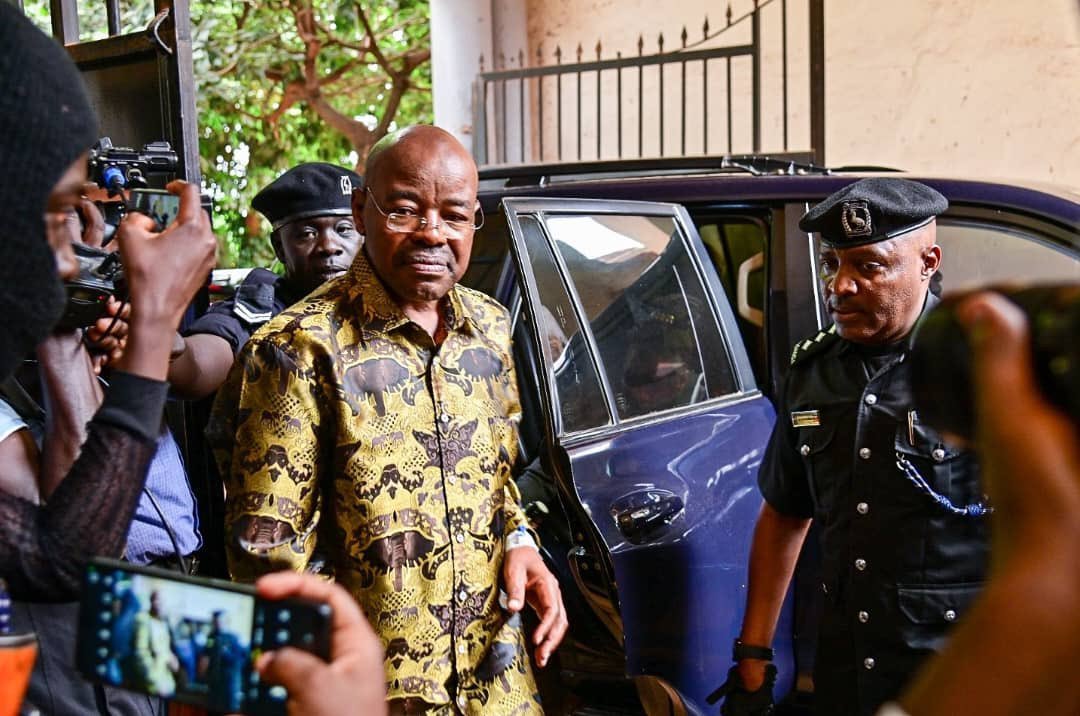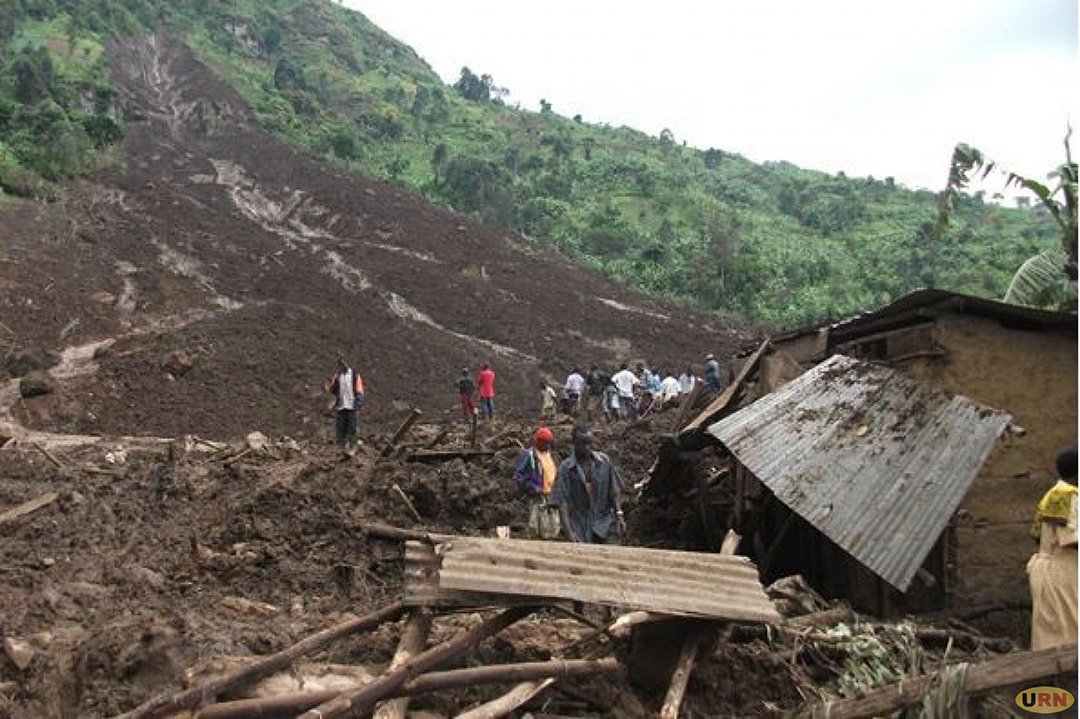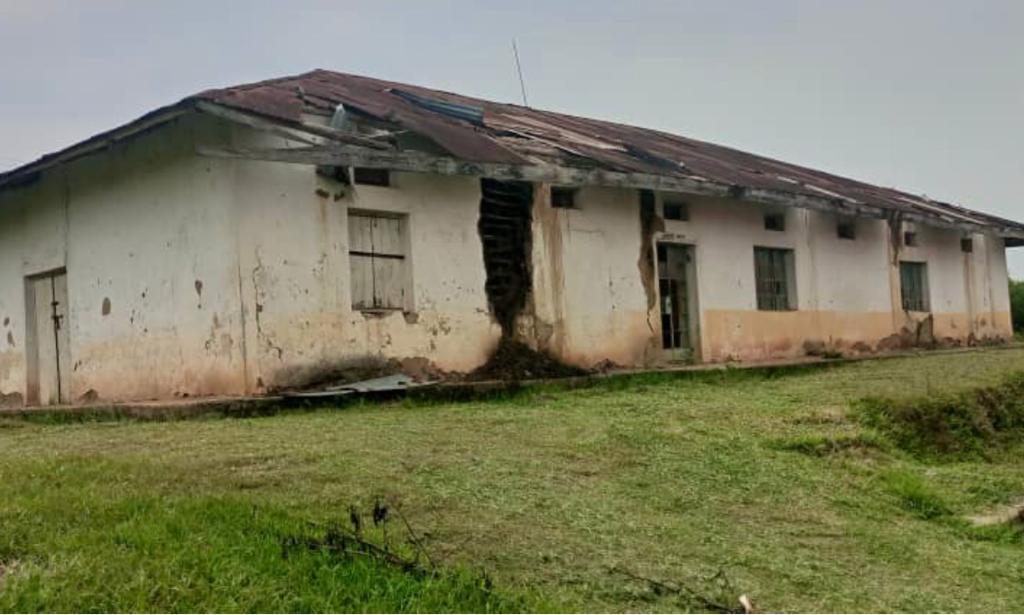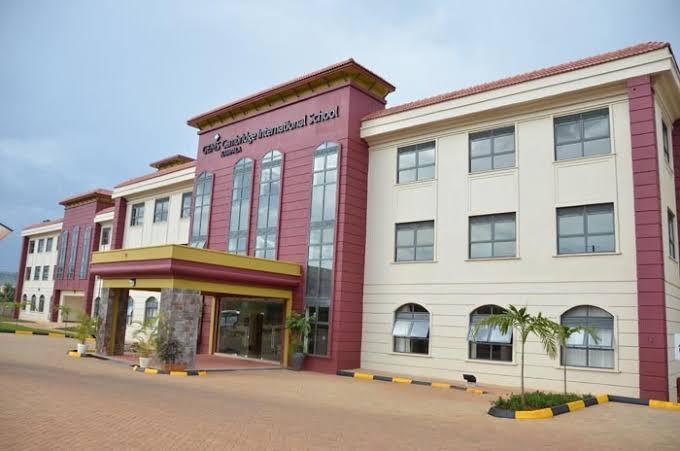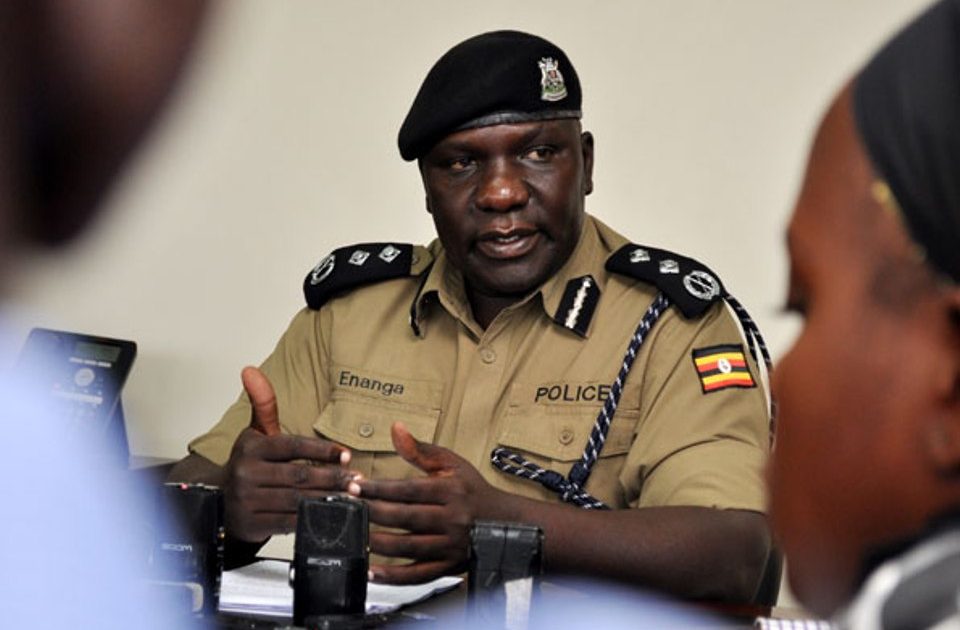In the realm of Ugandan politics, General Muhoozi Kainerugaba, the first son of the Republic of Uganda, has been gaining attention as a potential future leader.
The grassroots movement known as the MK movement has been actively supporting his candidacy for the presidency in 2026.
Despite his extensive exposure and experience in both national and global affairs, General Muhoozi chooses to limit his speeches to topics such as youth livelihood and land utilization.
This deliberate approach of saying less has sparked debates and criticism, but it is precisely this restraint that highlights his potential as a great leader.
Great leaders are not defined solely by their own opinions but by their ability to gather multiple perspectives on various subjects and make informed and unbiased conclusions.
This is the essence of democratic leadership, where decisions are made through a consensus-building process. General Muhoozi’s choice to refrain from expressing his views on every affair in the country reflects a commitment to consider the interests and opinions of other stakeholders.
It demonstrates his willingness to listen and engage in the democratic process, rather than imposing his own ideas.
It is not uncommon for potential great leaders to be accused of being dense or lacking ideas before they come into their own.
History provides us with examples such as Winston Churchill and Abraham Lincoln, who faced similar criticism early in their leadership journeys.
Similarly, General Muhoozi’s accomplishments and adoration within the Uganda People’s Defence Forces (UPDF) showcase his capability as a leader.
His successes, including the Special Forces Command (SFC), professional development initiatives, and regional cooperation efforts, attest to his leadership prowess, which goes beyond mere words.
The Pitfalls of Populism:
On the other hand, there have been instances where potential leaders missed out on leadership roles due to the adoption of populism at the expense of rational thinking.
Figures like Idd Amin, Boris Johnson, Silvio Berlusconi, Marine Le Pen, Geert Wilders, and Rodrigo Duterte have faced criticism for prioritizing populism over evidence-based decision-making.
Their approaches often led to policy inconsistencies, divisive rhetoric, and a lack of focus on long-term strategic planning.
General Muhoozi’s choice to avoid such populism allows him to maintain a rational and balanced approach to governance and leadership; which is not about being the sole thinking alpha; it is about recognizing the power of teamwork and consensus building. The MK movement’s current approach may not require consensus building since General Muhoozi is not yet president, but his willingness to hold back on issues signifies his commitment to considering all stakeholders’ interests.
This approach ensures that decisions are made collectively, taking into account a wide range of perspectives and fostering a sense of inclusivity within the leadership process.
Acknowledging Regional Politics:
It is important to note that General Muhoozi has previously expressed his opinions on regional politics.
However, his choice to refrain from extensively discussing certain subjects within Uganda should not be seen as a lack of opinions or ideas about his own country.
In fact, it is a testament to his understanding of the complex dynamics and stakeholder interests involved.
An examination of Ugandan political history reveals that leaders such as Yoweri Museveni, Benjamin Mkapa, and Kizza Besigye have also displayed wisdom in choosing not to pronounce themselves on certain issues.
President Museveni, for instance, has often adopted a cautious approach when it comes to sensitive or controversial topics, such as homosexuality, allowing for a more nuanced and inclusive approach to be taken within the country.
Similarly, opposition leader Kizza Besigye has chosen not to pronounce himself on certain issues to maintain a broad base of support, recognizing the importance of appealing to a wide range of supporters and maintaining unity against the ruling party.
These examples illustrate how strategic silence or refraining from pronouncing oneself on sensitive issues can be a wise decision for leaders.
It allows for a more inclusive and nuanced approach, respects the diversity of opinions, and can help maintain broader support among different segments of the population.
A parallel can be drawn with Bobi Wine, who has chosen not to pronounce himself on the Anti-Homosexual Bill. This decision does not indicate a lack of stance, but rather a recognition of the diverse opinions and stakeholders involved.
Conclusion:
General Muhoozi Kainerugaba’s choice to say less and focus on specific areas of concern, such as youth livelihood and land utilization, highlights his potential as a great leader.
By avoiding the pitfalls of populism and prioritizing rational thinking, he demonstrates an understanding of the importance of teamwork and consensus building.
While some may interpret his lack of outspokenness on certain issues as a weakness, it is, in fact, a sign of his willingness to consider diverse opinions and make informed decisions.
As a low-key observer of current affairs, it is clear that General Muhoozi possesses the qualities necessary to lead Uganda into a prosperous future if and when he decides to contest.
The writer is a “low-key” Ugandan political affairs observer


